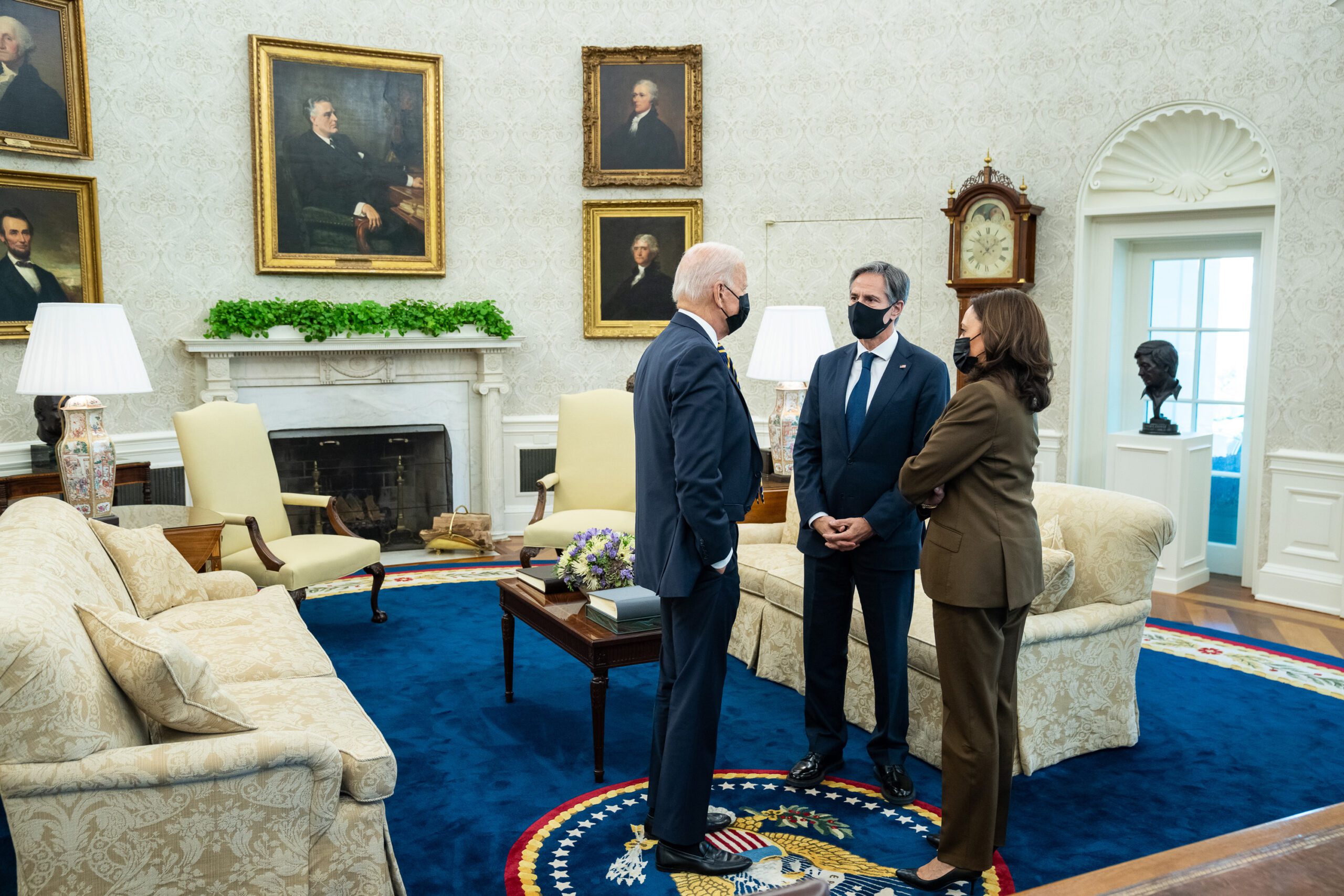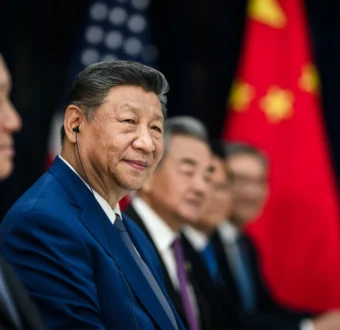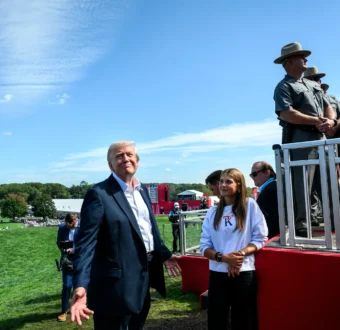Why Biden should not support Georgia’s ascension to NATO

Pushing for Georgia’s NATO membership will antagonize Europe at a time when Biden is trying to mend fences.
By Adam Pontius
This article appeared in Responsible Statecraft on February 10, 2021.
Secretary of State Antony Blinken’s suggestion during his confirmation hearing that he would consider supporting Georgia’s membership in NATO has largely gone overlooked. Georgian media has since reported that Blinken also raised the Georgia issue in his first call with Russian Foreign Minister Sergey Lavrov. But if the Biden administration continues to push the issue of Georgia’s potential NATO membership, it would endanger the already precarious stability of the South Caucasus and increase the likelihood of misunderstanding between Moscow and Washington.
Georgian ascension to NATO would also further damage the U.S.’s already strained relationship with Europe — where public opinion shows little support for the ongoing rivalry with Russia — thereby potentially jeopardizing European cooperation on issues ranging from the rise of China to climate change.
Russia won’t interpret any consideration of Georgia’s membership charitably. Russia has already lost influence in the South Caucasus, a region Moscow viewed as its sphere of influence just a decade ago.
Just last year, Russia paid a high geopolitical price for the resolution of the Nagorno-Karabakh conflict between Azerbaijan and Armenia. While Moscow was able to negotiate a ceasefire, it had to deploy peacekeepers and accede to (NATO member-state) Turkey’s influence in the South Caucasus. As Russia’s relative influence in the region wanes, any hint of support from the Biden administration for Georgia’s campaign for NATO membership could provoke a violent Russian response.
Read more of Adam’s article in Responsible Statecraft.
This post is part of Independent America, a research program led out by Jonathan Guyer, which seeks to explore how US foreign policy could better be tailored to new global realities and to the preferences of American voters.






Donald Trump’s Cowboy Diplomacy